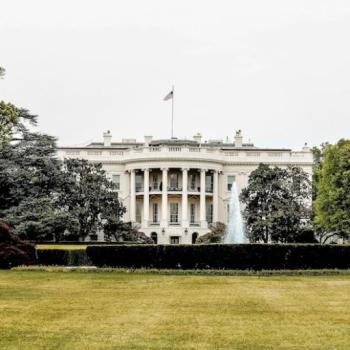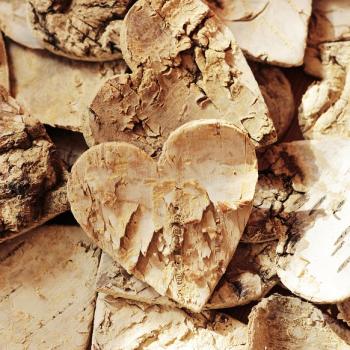It's almost as if we're acting out a deep self-hatred. How dare the Barred owl behave as we do! The owl that lingers in human-claimed spaces, defying our domination of wilderness by following us across the continent like the long shadow that our manifested destiny casts across the land. It must be stopped. We must eliminate it.
But killing Barred owls will not ultimately halt the destruction of old-growth forests. Eliminating them may help boost the Spotted's numbers temporarily... but what then? If we continue to destroy the wild habitats that the sensitive Spotted owl needs, will it survive our consumerism? Or will we be left with no owls at all?
Sometimes the very concept of "wildlife management" seems problematic to me. The desire to have a positive impact on the environment can be twisted into the beguiling belief that "technological progress will save us" from the consequences of our past and we need only sit back and enjoy our supremacy. Sometimes I think what we really need is a bit more human management: more self-restraint, more humility in the face of natural forces whose consequences we don't (perhaps never can) fully understand.
But then there are the soft, downy wings of the Spotted owl, the gentle caress of its flight against the star-studded night as it dips among the boughs of the great old trees. How could I watch this being slip into silence and extinction? The choice not to act is still a choice. Our past actions inevitably shape the future, and our desire to fix things is deeply connected to our longing for forgiveness. How can we stand aside and accept the passing of this wild beauty? How could we forgive ourselves?
The Pagan gods are not exactly known for their forgiving natures. Yet as divine powers of regeneration and return, they offer a forgiveness all their own—not the forgiveness of escape and abdication, nor the forgiveness of a benevolent Almighty on whose behalf we can act with unchallenged dominion. Rather, theirs is the forgiveness of restored responsibility, the response-ability that we possess as natural beings and citizens of the earth.
What do we seek when we seek forgiveness, but the chance to start again? We want to know that it's not too late, that our actions still matter, that we're still capable of meaningful relationship with the natural world. It is because we are interconnected that we bear the weight and enjoy the freedom of our response-ability. It's because we're bound by the cycles of life, death, and renewal that we'll always have another chance—in this very moment—to begin again. Such forgiveness is a terrible, wonderful gift.
Wonderful. A word that draws me back toward hope, rather than despair. Wonder opens us to mystery, possibility, awe. It gives no certain answers; it is an invitation to deepen, to attend, to enter into the complexity of sacred relationship. Wonder can render us speechless, brought to our knees by the brutal necessity to act. But it can also give us the words we need—unexpected, transformative, and raw—in the face of silence, apathy, and ignorance.
After the conversation with my father, that night in meditation I seek the counsel of Blodeuwedd. On owl's wings, she slips silently away, settling to roost among the branches of a great Oak: the world tree, the wild abundance of nature's sovereignty and law. Here is where she makes her home. Owl, daughter of Oak. Shadow, daughter of Light.
This is her only answer.




